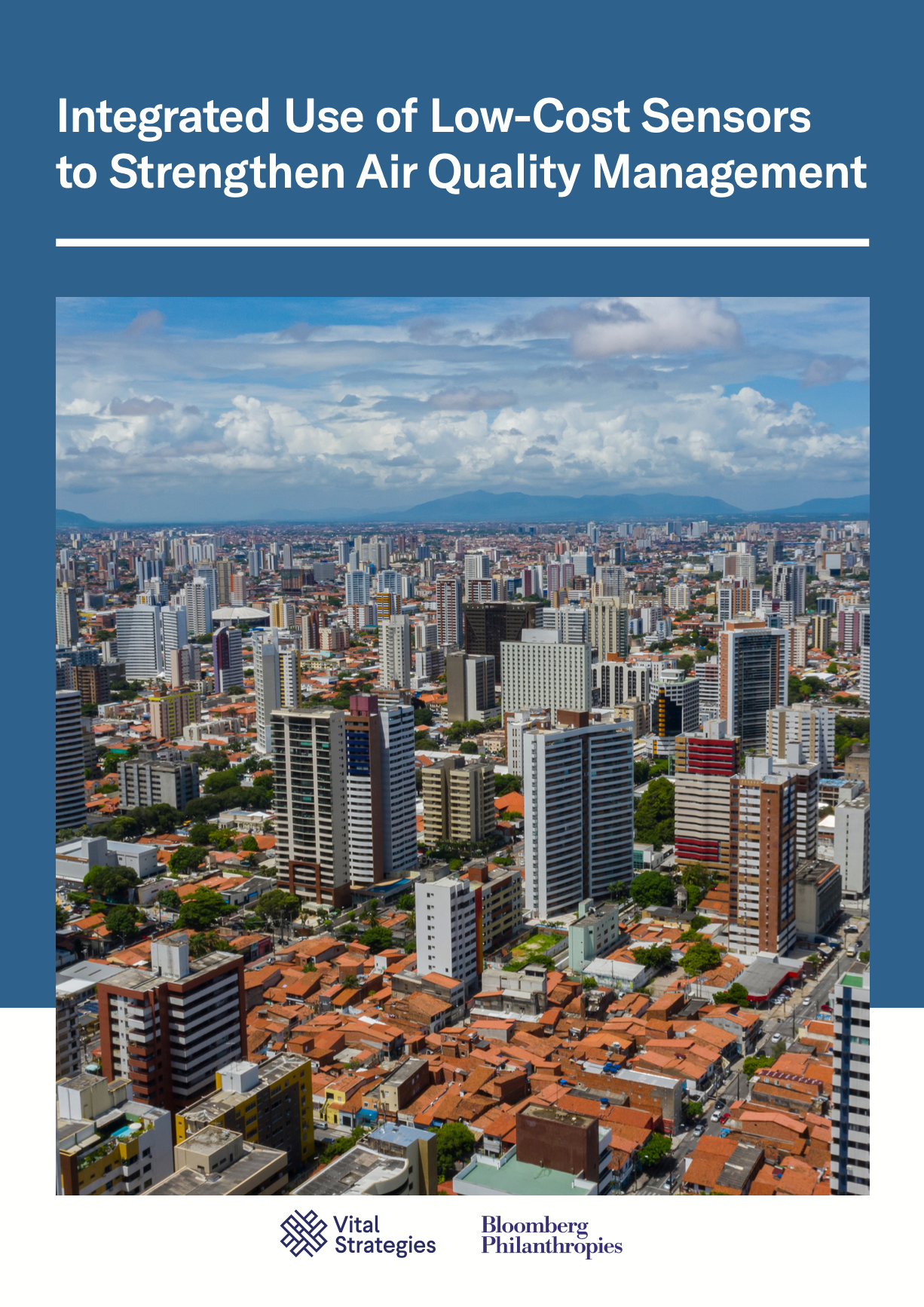Air pollution continues to be the deadliest global environmental health risk, causing nearly 5 million deaths each year, mainly from exposure to fine particles (PM2.5). The burden of air pollution is greatest and increasing in countries with rapid economic development and urbanisation, along with a proliferation of emissions from industry, electric power generation, and motorised transport.
For many city governments in many low- and middle-income countries, the complexity and cost of understanding and controlling air pollution have been barriers to initiating or sustaining effective clean air action. A new approach in air quality management that combines conventional solutions with innovations in monitoring, assessment, data use, and organization can accelerate clean air action, especially in cities with presently limited technical capacity.
Also available: Integrated Use of Low-Cost Sensors to Strengthen Air Quality Management in Indian Cities
Sign up to receive our monthly Research Roundup email, which offers a selection of new public health research from major journals.
Recent Abstracts
The Power of Storytelling: Guidance for the Creation of Testimonials
Lead Poisoning and Early Childhood Development
Prioritizing Evidence Gaps: Air Pollution and Health Impacts of Climate Action
Raising Alcohol Taxes to Reduce Harm: Fact Sheets for Brazil
Risk of mortality by aggression: A retrospective cohort study in women with notification…
How the Alcohol Industry Steers Governments Away From Effective Strategies to Curb Drink…
Analysis of the Efficacy of Alcohol Industry-Sponsored Drink-Driving Campaigns
Messaging Recommendations for Effective Road Safety Campaigns: Lessons From Formative Research for Drink…
Prescribing Psychostimulants for the Treatment of Stimulant Use Disorder: Navigating the Federal Legal…
Enforcement of COTPA in India- current status, challenges and solutions
